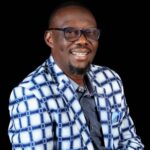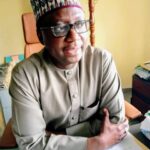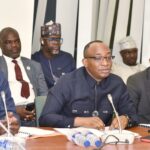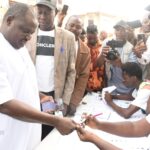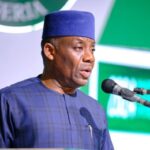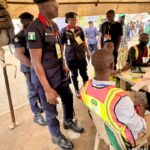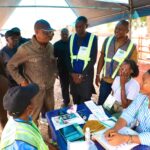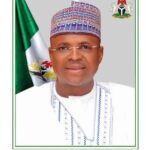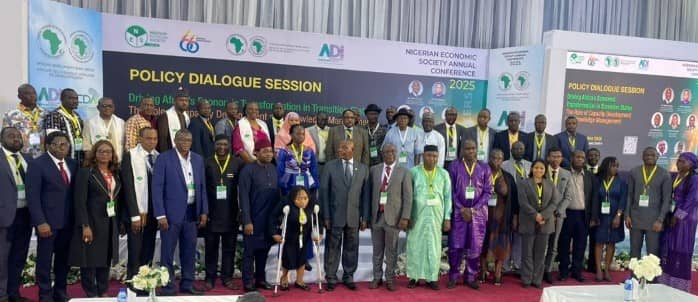By Lucy Ogalue
The African Development Bank (AfDB) says Africa’s transition states will require 210 billion dollars annually to achieve sustainable structural economic transformation.
Dr Abdul Kamara, Director-General, Nigeria Country Department of the AfDB, said this during a policy dialogue session at the ongoing Nigerian Economic Society (NES) Conference in Abuja.
The session was themed “Driving Africa’s Economic Transformation in Transition States: The Role of Capacity Development and Knowledge Management.”
Kamara said that in spite of Africa’s potentials, transition states faced unique challenges, including fragile institutions, post-conflict reconstruction, limited fiscal capacity and revenue mobilisation constraints, all of which stifle inclusive development.
He said that the AfDB’s study on inclusive growth and sustainable development in Africa concluded in 2024, identified key actions to accelerate growth.
The director-general said this included scaling economic growth rates to seven per cent annually and achieving GDP per capita growth of at least 3.5 per cent.
“So the continent must evenly distribute that growth and improve the quality of lives for Africans in the short, medium and long terms.
“This will require high levels of productivity in key sectors to drive Africa’s GDP, of course generally, but also GDP per capita growth rates to higher levels to improve inclusive and environmentally sustainable policies.
“Colleagues, this is significant. And of course because of that significance, we have a funding gap in the order of 680 billion dollars per annum. So you can imagine what this means for transition states.
“For transition in Africa to achieve structural transformation, transition states will need or require 210 billion dollars per annum,” he said.
Kamara said that sustaining these levels of growth consistently for four to five decades was necessary for Africa to achieve both the United Nations Sustainable Development Goals and the African Union’s Agenda 2063.
He said while transition states required 210 billion dollars each year, they faced a financing gap estimated at 188 billion dollars, which hindered progress.
The AfDB official said that the bank, in partnership with the African Union, had responded by creating a dedicated Transition Support Facility.
“This facility channels resources into infrastructure, energy, education, technology and innovation, sectors seen as vital for structural transformation.”
Kamara said that beyond growth, the bank’s focus was on inclusive growth that created jobs and ensured young people had access to opportunities in emerging sectors.
He said this was why the bank had been investing in capacity development and creative enterprises, including digital innovation hubs across Africa.
Kamara also highlighted ongoing projects in Nigeria under the Investing in Digital and Creative Enterprises (i-DICE) programme, being implemented with support from development partners to boost innovation and entrepreneurship.
He urged policymakers and stakeholders to design solutions tailored to Africa’s context, stressing that transformation could not be imported, but must be locally driven with the active participation of citizens and institutions.
Kamara commended NES for providing a platform for dialogue and the Government of Nigeria for creating an enabling environment for hosting the conference.
He then expressed the banks continued commitment to provide financial and technical supports to advance development in transition states across Africa. (NAN)(www.nannews.ng)
Edited by Francis Onyeukwu

